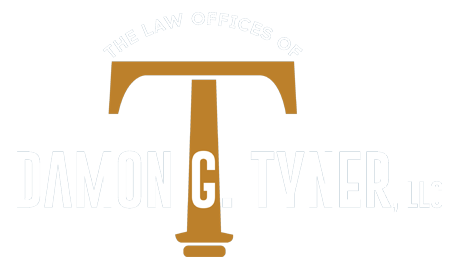Organizing and starting a small business can be a captivating and exhilarating experience. Unfortunately, the thrill of starting the new enterprise can prevent the entrepreneurs from exercising due care during the organizing process. One of the issues that is commonly overlooked is the drafting and execution of a buy-sell agreement.
The basics of a buy-sell agreement
A buy-sell agreement (or cross-purchase agreement, as they are sometimes called) has nothing to do with the sale of the enterprise or the purchase of another business. Instead, a buy-sell agreement is intended to give the shareholders protection against unintended events that might deadlock management of the entity or cause a significant reduction in its value. (Buy-sell agreements apply to all sorts of entities from partnerships to LLCs to small corporations, but this post will use the term “shareholders” to refer to the owners of equity in the enterprise, regardless of its legal form.)
The trigger clause
In its most basic form, a buy-sell agreement specifies the events that give the other shareholders the right to force one of the shareholders to sell their interest in the business. The clause that identifies these events is called a “trigger clause” because it triggers the mandatory purchase and sale provisions. For example, if one shareholder is facing a divorce in which their interest may be transferred their ex-spouse, a buy-sell agreement can prevent the transfer of the divorcing shareholder’s equity to anyone but the business’ remaining shareholders. An illness or accident that causes the total disability of a shareholder might be identified as another trigger event. The individual bankruptcy of a shareholder is another likely trigger event.
Fixing the price
Business markets change often, and no one can predict how the market will value the corporation if the sale of a single shareholder’s interest is required. Fixing a price when the buy-sell agreement is initially signed is usually an unwise idea because the actual value of an individual’s shares may vary significantly from the actual market value. Other options are available, such as using the services of the business’s regular accounting firm or hiring a professional business appraiser. Many buy-sell agreements establish an “upset price” that represents the minimum value of all of the business’s outstanding shares.
Mechanics of sale
A well-drafted buy-sell agreement should provide a detailed description of the mechanics of giving notice of the mandatory sale, the payment of the price and the delivery of shares. The agreement should also provide deadlines for the occurrence of each event necessary to consummate the sale and purchase.
Seeking the advice of a knowledgeable business attorney
Once executed, the buy-sell agreement should be periodically reviewed by the shareholders to ensure that its provisions are still timely. The advice of a knowledgeable business attorney can ensure that the agreement will still accomplish its intended purposes.

